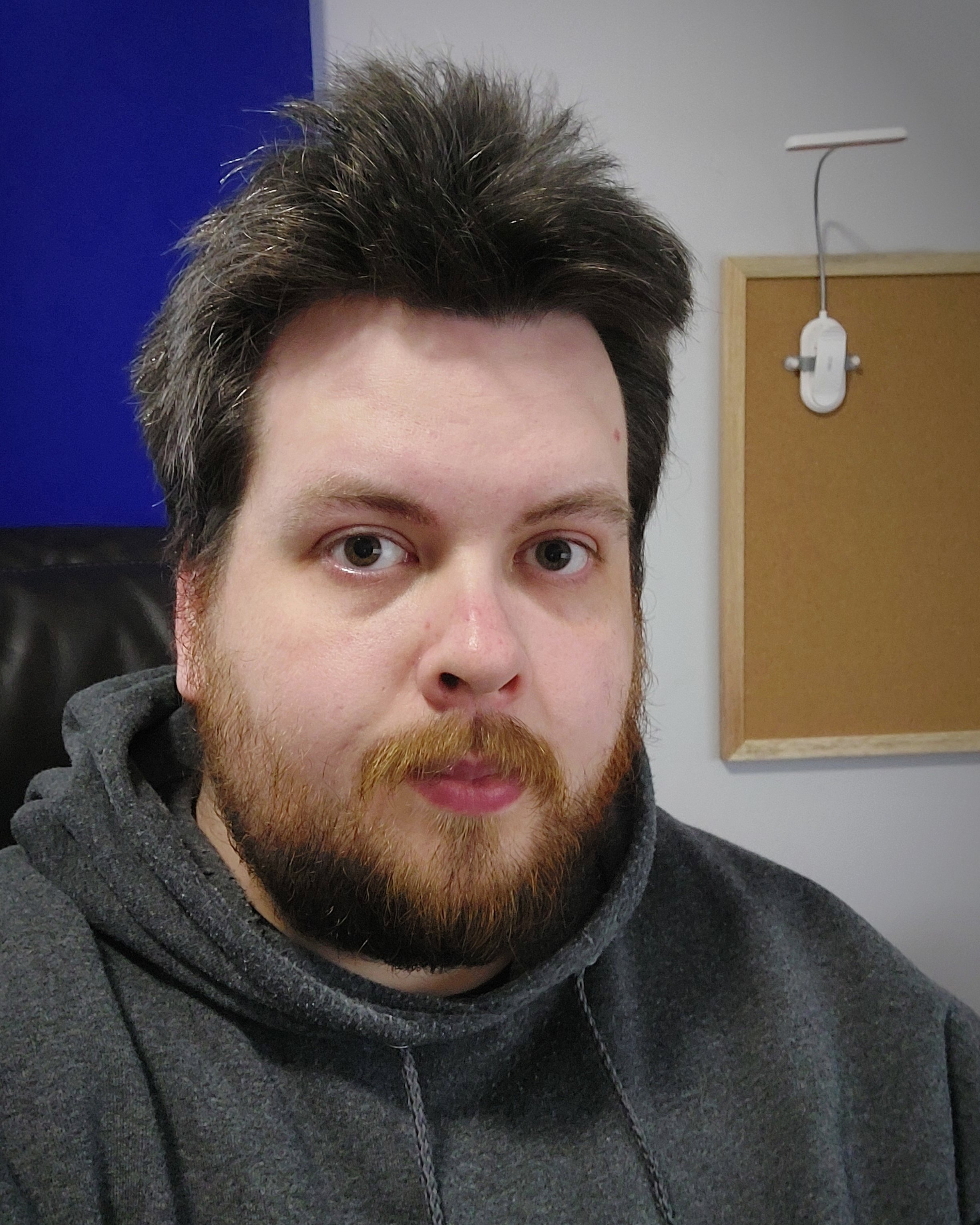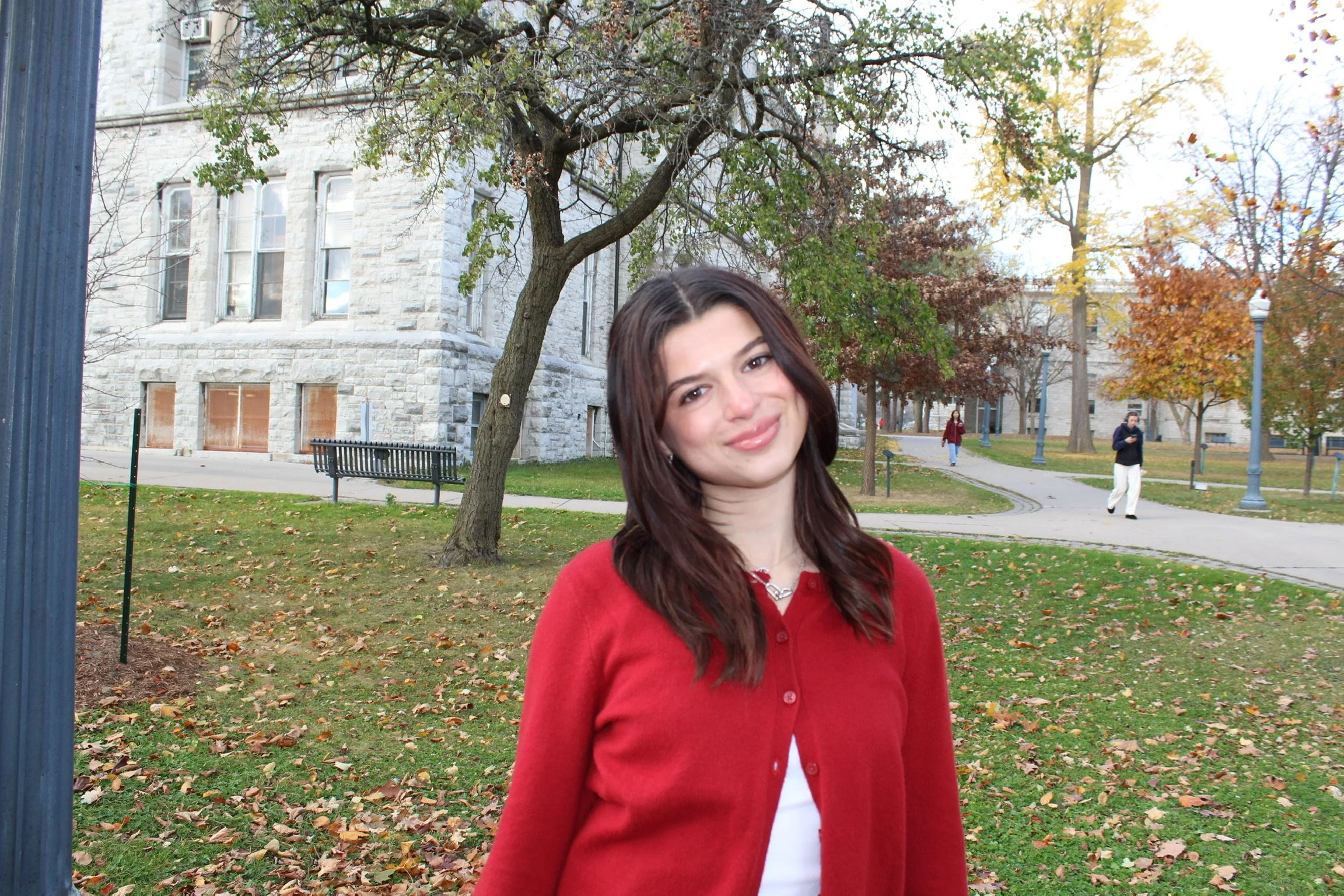Our Team
Christopher Bowie, PhD, C.Psych.
Lab Director
Dr. Bowie is a clinical psychologist and Professor in the departments of psychology and psychiatry at Queen’s University. He primarily studies neurocognition and functional disability in severe mental disorders like schizophrenia and mood disorders such as depression and bipolar disorder. Neurocognition refers to the functions of the brain that allow us to perceive and process information and guide our actions. When we talk about attention, memory, and problem solving, we are referring to neurocognitive functions. Functional disability refers to difficulties performing in areas of life such as academics, working, living independently, and socializing with others.
Tammy Vanrooy
Clinical Research Associate
After graduating from Carleton University in Ottawa, Ontario with a B.A. Law (Hon.) in 2001, Tammy worked as a Vocational Rehabilitation Specialist with Addictions and Mental Health Services - KFL&A in Kingston, Ontario from 2001-2016. She has a wealth of experience in vocational program development, direct client service delivery, and community outreach. As a mental health professional, Tammy has over 20 years of clinical experience and has worked with a broad range of community partners, mental health service providers, educational institutions, hospitals, employers, and other supports within the community to improve client care.
Tammy joined the CPD Lab team in 2016 to help coordinate some of the lab’s clinical research studies and also assists with the delivery and implementation of the Action Based Cognitive Remediation treatment program as a trainer and therapist. She continues to foster greater collaboration amongst mental health professionals and community partners to advance community and national mental health initiatives and to promote research that will lead to innovation and the development of leading-edge best practices aimed at improving mental health care.
Postdoctoral Fellow
Chloe Stewart, PhD
Postdoctoral Fellow
Chloe graduated from the University of Toronto with a bachelor's degree in psychology and criminology & sociolegal studies. She completed a master's degree in cognitive neuroscience at University College London with a focus on the development of executive functions in term and preterm infants. Her PhD research at Western University focused on the experience and expression of guilt in healthy adults and in neurodegenerative disorders.
Graduate Students
Casey Upfold Second-Year PhD Student
Casey graduated from the University of Guelph with a B.A. (Hon) in Psychology and a Minor in Child and Family Studies. She conducted her thesis on public perceptions of people with Fetal Alcohol Spectrum Disorder in the Criminal Justice System. After graduating, Casey worked as a Research Assistant in the Forensic Psychiatry Program at St. Joseph’s Healthcare Hamilton for four years. During her time there, Casey was involved in numerous studies for individuals involved with the Forensic Mental Health System in Canada. Casey’s clinical and research interest center around individuals with severe mental disorders, stigmatization, and advancing assessment and intervention in ways that can improve individuals functioning and quality of life.
Samantha Aversa First-Year MSc Student
Samantha graduated from McGill University with a Bachelor of Science in Physiology, where her fascination with the connection between mind and body led her to pursue additional studies in Psychology. After completing her degree, she joined PEPP-Montreal at the Douglas Mental Health University Institute, first as a Research Assistant and later as a Research Coordinator.
During her time at PEPP, Samantha worked closely with individuals experiencing a first episode of psychosis and those at clinical high risk, gaining both research and clinical experience that deepened her understanding of early intervention in mental health. Guided by her curiosity, she conducted an independent research project exploring how social, demographic, and clinical factors relate to hallucinations in early psychosis. Her ongoing interests focus on improving functional outcomes and fostering treatment engagement among individuals experiencing psychosis.
Olivia Simioni Second-Year PhD Student
Olivia graduated from the University of Ottawa with a B.A. (Hon.) in Psychology. Her honours thesis focused on memory reconsolidation and examined whether an expectation for learning impacts the mechanisms involved in updating long-term memory. Olivia has since worked as a research assistant at the Royal Ottawa Mental Health Centre in the Schizophrenia Recovery Program. In her graduate studies, Olivia is interested in focusing on functional outcomes and recovery in individuals with psychosis.
Noah Brierley First-Year PhD Student
Noah completed his B.A. (Hon.) in psychology at the University of Western Ontario and his M.A. in Applied/Clinical Psychology at Laurentian University. His undergraduate research focused on the measurement of repetitive behaviors in children with ASD and ADHD. After completing his undergraduate degree, Noah worked as a research analyst for the Schizophrenia Division at CAMH in Toronto, supporting a large study tracking functional outcomes for patients with psychotic disorders. At Laurentian, Noah’s master’s thesis research focused on the impact of perfectionism on mental health help-seeking behaviour. In his doctoral studies, Noah is focusing on social cognition in psychosis with a particular interest in the relationship between social cognition and broader neurocognitive functioning.
Lindsay Simourd
Third-Year PhD Student
Lindsay completed her B.Sc. (Hon) in Psychology with a minor in Biology at Queen’s University. For her undergraduate thesis, Lindsay utilized a novel measurement approach for detecting and describing patterns of neurocognitive impairment in remitted depression. By employing tasks of increasing difficulty, Lindsay’s thesis explored the extent to which neurocognitive performance in remission may be influenced by appraisals of task difficulty and self-evaluations of one’s own ability. In graduate school, Lindsay is excited to continue working to understand clinical and neurocognitive recovery in severe mental disorders.
Peer Support Specialist
Colin Godbout
Peer Support Specialist
Mostly a recluse since highschool, in 2020 I experienced a full episode of psychosis and was introduced to "Heads Up!". With their help I was able to get my psychosis under control and start living my life again. I serve in a lived experience role as well as use my experience and talent for the intersection between technology and design to assist the lab where I can by taking tasks in digital content creation and 3D printing. What I want is to do my part to help others and reduce suffering where I can.
Undergraduate Thesis Students
Ricky Leigh
Ricky is in his fourth year of his Bachelor of Science (Hon.) degree, majoring in psychology. This is his first year as a Research Assistant in the CPD Lab and his second year overall as an RA, building on his previous experience in the Autism Spectrum Disorder Studies Lab. He is eager to deepen his understanding of personality and major psychological disorders, cognitive assessment tools, and the diverse methodologies used in clinical research. Ricky hopes to apply the skills and knowledge gained through his research experiences to pursue graduate studies in clinical psychology following the completion of his undergraduate degree.
Jamie Weiner
Jamie is in her fourth year of her Bachelor of Arts (Hon.) degree, majoring in psychology. This is her first year on the team at the CPD Lab and her third year overall as an RA, building on prior experience in the Adolescent Dynamics Lab and the Fab Lab. She is particularly interested in social cognition and social functioning in individuals with serious mental illness and is eager to explore these topics through her thesis research. Jamie looks forward to applying the skills she develops in the CPD Lab to future graduate research in clinical psychology (hopefully!!!!) and is enthusiastic about gaining hands-on experience as she culminates her undergraduate studies.
Research Assistants
Eric Abraham
Eric is in his third year of a Bachelor of Arts (Hon.) in Psychology. He is looking to expand his knowledge and understanding of psychological disorders and associated factors that may play a role in the quality of life and lived experience of individuals with particular psychological disorders such as schizophrenia and depression. Specifically, he is interested in research on the implementation of early intervention strategies and assessment. With the aim to work in a clinical setting, he is excited to develop both his research and clinical skills, particularly in psychological assessment within a clinical setting. Eric is passionate about understanding the various factors contributing to mental disorders and the lived experiences of those affected, with the ultimate goal of improving treatment approaches and enhancing overall quality of life. He is excited to be part of the CPD team.
Beckett Gumley-Titcombe
Beckett is currently in his third year of his B.A. (Hon.) degree in Psychology. This is his first year working as a Research Assistant and he is super excited to be starting in the CPD Lab. Beckett is excited to contribute to the lab’s mission of understanding cognitive functioning and improving daily life outcomes for individuals with psychological disorders. Working in the lab, he aims to deepen his understanding of psychological disorders and research methods with the hopes of applying this knowledge to future graduate studies in clinical psychology. Beckett is passionate about improving the lives of those affected by psychological disorders and is thrilled to be part of a team with the ability to impact lives for the better.
Jayne Armatage
Jayne is in her fourth year of her Bachelor of Science (Hon.) degree, majoring in psychology and minoring in life sciences. This is her first year in the CPD lab, as she is conducting a directed lab under Dr Bowie for the first time this semester. Jayne plays on the Queen's varsity rugby team, which has sparked her interest in how cognitive abilities and training can influence athletic performance and mental health. She plans to explore cognitive training programs that may enhance performance across a range of sports. Jayne hopes to expand the knowledge she has gained throughout her studies and the CPD lab, to pursue a master's degree in clinical psychology or psychotherapy.
Lea Francoeur
Léa is a fourth-year BScH student majoring in Biology & Psychology at Queen’s University. This is her first year as a Research Assistant in the CPD Lab and her second year overall as an RA, following previous experience in the Development of Social and Emotional Communication Lab. Throughout her undergraduate degree, she has developed a strong interest in understanding the complexities of psychological disorders—particularly schizophrenia and other disorders featuring psychosis. Léa is eager to gain meaningful experience working directly with individuals affected by mental health challenges, while deepening her knowledge of clinical assessment methods, research design, and treatment approaches. She is thrilled to contribute to the CPD Lab’s research and views this opportunity as an important step toward her goal of pursuing graduate studies in psychotherapy.
















